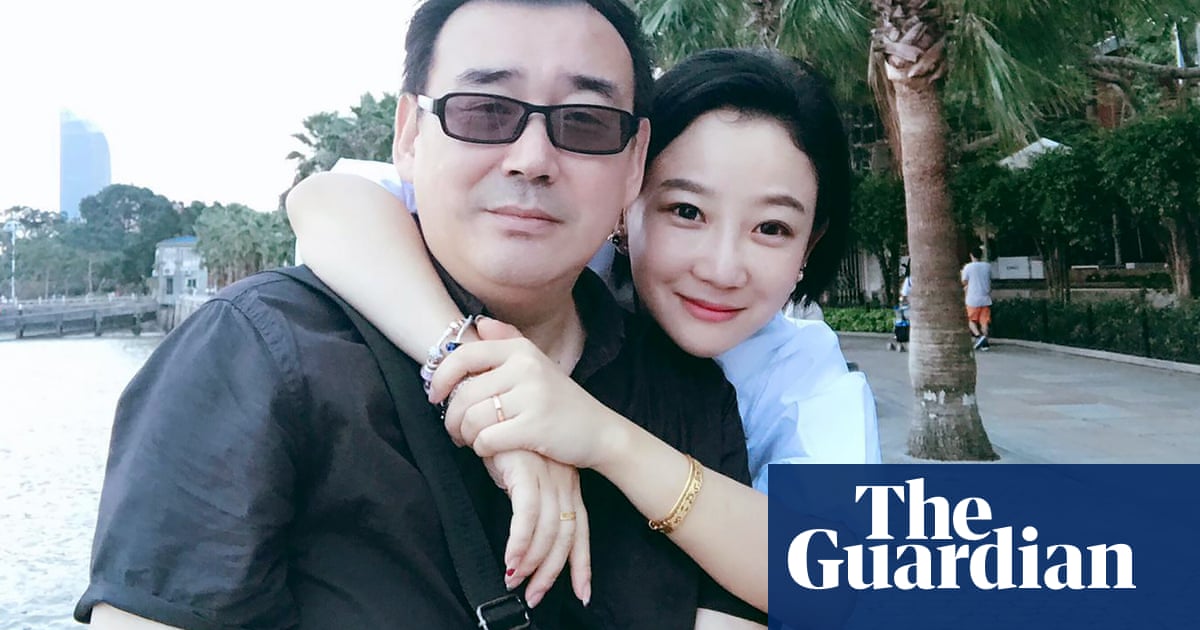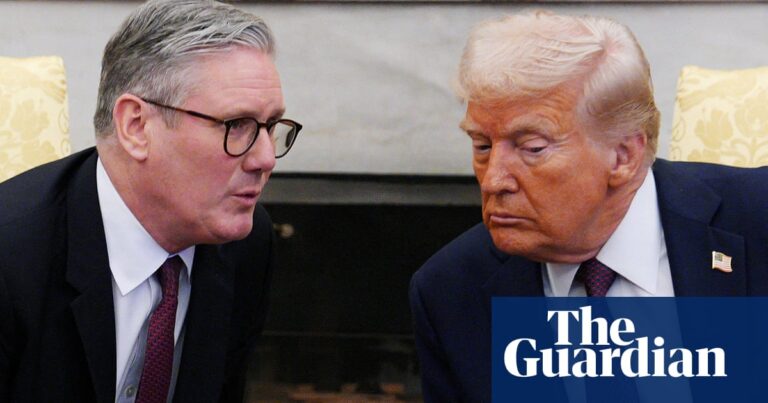
A Chinese court has recently issued a suspended death sentence to Australian scholar Yang Hengjun, who has been held in detention for five years on accusations of espionage.
In 2019, Yang was apprehended at Guangzhou airport on suspicion of espionage for an unspecified foreign nation. The blogger, who is 57 years old and an Australian citizen but was born in China, was later put on trial in a single-day, non-public hearing in Beijing in May 2021. The verdict of the trial has not been made known to the public.
The court’s ruling was a devastating shock to Yang’s family, with a representative stating that it exceeded their worst expectations.
On Monday, Penny Wong, the foreign minister of Australia, expressed strong disapproval of this decision and stated that the Chinese ambassador, Xiao Qian, was summoned to register Australia’s objection with utmost force.
According to Wong, the Australian government has continuously supported Yang and has done so at the most important moments and with the highest authorities.
Wong stated that Australia will continue to support and fight for justice for the interests and well-being of Dr Yang. She emphasized that all Australians share the same goal of reuniting Dr Yang with his family.
The sentence revealed on Monday is formally described as a death sentence with a two-year reprieve. It is a relatively common ruling that allows death sentences to be commuted to 25 years, or life in prison after two years of good behaviour. China is believed to be the world’s biggest user of the death penalty, but there is no publicly available data. China’s court system is notoriously opaque, with conviction rates above 99.9% and very few cases overturned for wrongful convictions.
Associate Professor Chongyi Feng, who was Yang’s PhD supervisor in Australia and also a supporter of his case, stated that Yang’s punishment would now be changed to life imprisonment. He expressed that his former student’s sentence was a “blatant act of political persecution”.
“Dr Yang did not commit any crime of espionage. He is [being] punished by the Chinese government for his criticism of human rights abuses in China and his advocacy for universal values such as human rights, democracy, and the rule of law.”
Wong informed the press that there were still options for appeal, but Feng stated that Yang’s health was already suffering. “Being detained and tortured for five years has greatly affected his well-being. He is now in critical condition.”
Feng requested that Australia take action to promptly bring Yang back to Australia, possibly through medical parole, in order for him to receive necessary medical care.
The detention of Yang in China has caused tension between the Chinese and Australian governments. Another Australian, journalist Cheng Lei, was recently freed after being imprisoned for three years on national security charges. It is believed that her release was a result of pressure from Australia as both countries work to improve their relationship. However, sources say that securing Yang’s release is proving to be more difficult.
Although Wong criticized the ruling, the foreign minister downplayed its potential effects on the relationship between Australia and China by acknowledging that it was made within the legal system of China.
“I have stated that stabilization involves collaboration when possible, disagreement when necessary, and prioritizing the national interest.”
“Clearly this is an occasion in which we disagree. However, Australia will continue to advocate for the interests of Dr Yang.”
During the month of November, Yang’s children sent a letter to Anthony Albanese, in anticipation of the Australian prime minister’s trip to China, begging him to help secure their father’s freedom.
They wrote a message asking for you to use your influence to rescue our father and bring him back to us and his homeland of Australia as soon as possible. We are certain that our father is innocent.
He was put through over 300 questioning sessions, lasting 18 months, with six months of extreme physical suffering…they prevented him from sleeping, bound his wrists and ankles, and immobilized him in a chair for days until he was unable to walk.
“However, there has been no admission yet … He is currently incarcerated for standing up for truth, democracy, and civil discourse based on logical reasoning.”
Simon Birmingham, Australia’s shadow foreign minister, stated that the verdict serves as a reminder of the potential dangers involved in doing business or interacting with China. He urged the government to continue applying “maximum appropriate pressure” on Beijing in order to secure Yang’s release.
According to Daniela Gavshon, the director of Human Rights Watch in Australia, the sentence given to Yang was deemed as “catastrophic”.
Gavshon expressed concern over the harsh sentence given, as it followed years of unjust imprisonment, reports of abuse, and an unfair trial where the accused did not have the opportunity to choose their own legal representation.
The organization urged Canberra to join forces with other governments whose citizens are being unjustly held in China, in order to advocate for the enforcement of the rule of law and the release of those who have been unlawfully detained.
Source: theguardian.com
















